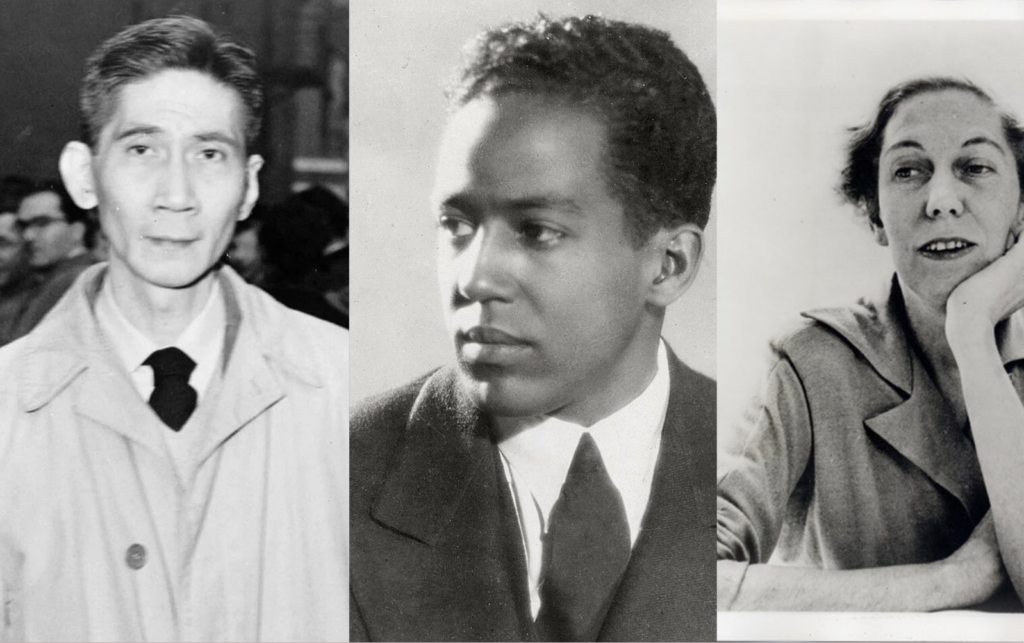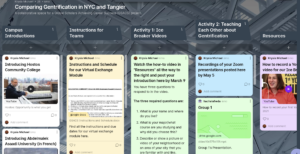CUNY Class Information
Instructor: Dr. Linda L. Ridley
CUNY Campus – Hostos Community College
Class title – Principles of Management
BUS 201 312A (27935)
International Class Information
Instructor: Prof. Nellie El Anany
Partnership institution/ country: American University in Cairo, Egypt
Class title – Entrepreneurial Leadership and Critical Global Issues –
Length of COIL Collaboration – 12 months, starting in Spring 2021 and implemented in Spring 2022
Project Description
This COIL Module invites students in two or more cultural contexts to tackle the United Nations Sustainable Development Goal No. 10 – Reduced Inequalities. This goal is in alignment with the learning outcomes. Students are exposed to experiential learning through the collaboration of the teams from both universities in the development of a podcast. Students are placed onto multi-student teams of a size between 4-6 students, and each team develops their podcast based on a topic area their team has chosen, which topic would fall within the frame of UN SDG 10. Students would identify a critical global challenge that falls within the UN SDG 10, for example, “How do inequalities differ across various settings?”
Online Platforms
Once students have been assigned to groups, they should collaborate to decide which communications tools serve their purpose. This consensus-building will be the start of establishing trust within each group. Suggested tools that students can choose from include but are not limited to Blackboard Collaborate, Zoom, Google Suite, or WhatsApp.






